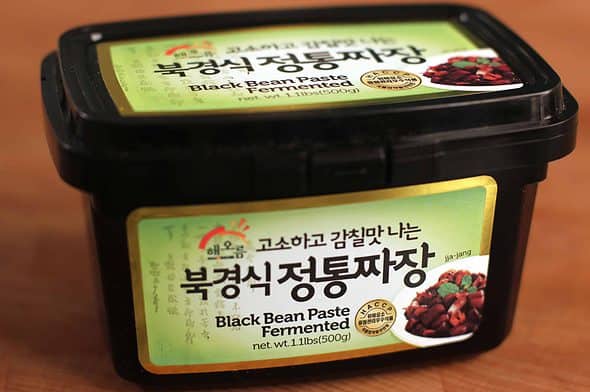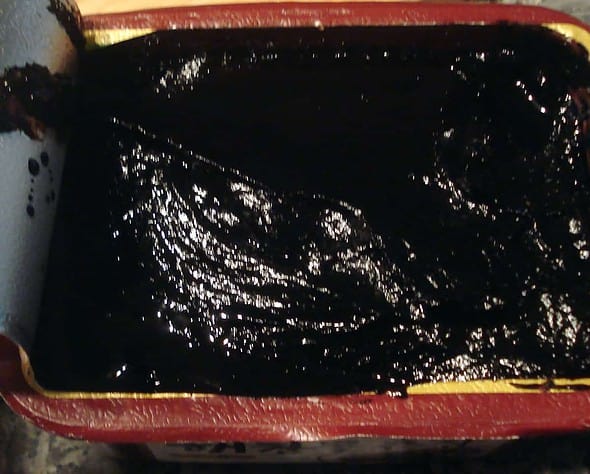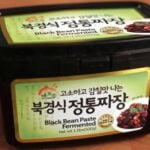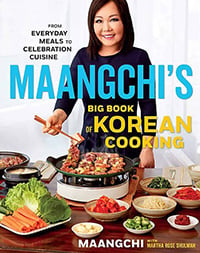Maangchi's Amazon picks for black bean paste
It's always best to buy Korean items at your local Korean grocery store, but I know that's not always possible, so I chose some products on Amazon that are good quality. See more about how these items were chosen.
Black, salty, slightly sweet, and earthy, this paste is made with a mixture of soybeans, flour, and caramel and then fermented. It’s essential for making jjajangmyeon (Noodles and black bean sauce). After opening, store in the refrigerator for up to 3 months.
This is Haechandeul brand, which is what I usually get unless something else is on sale. : )
















